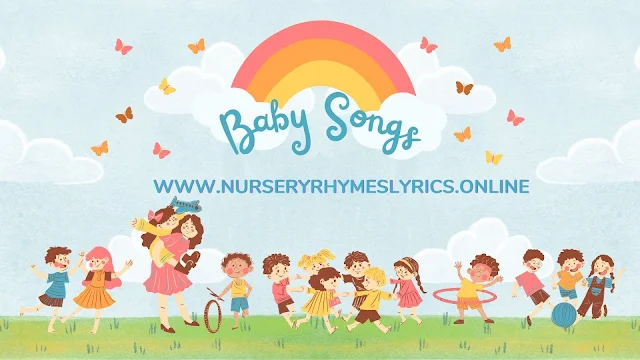Popular Baby Songs: A Melodic Journey Through Childhood
Babies and toddlers are naturally drawn to music, and as parents, caregivers, or educators, introducing them to popular baby songs is not only enjoyable but also beneficial for their development. In this article, we'll explore the significance of baby songs, delve into some timeless favorites, and discuss how they contribute to a child's growth and learning experience.
Introduction to Popular Baby Songs
Criteria for Popular Baby Songs
Catchy Melodies
Simple Lyrics
Educational Content
Top 5 Popular Baby Songs
Impact of Baby Songs on Child Development
The influence of baby songs extends beyond mere entertainment. They play a significant role in various aspects of child development:
Cognitive Development
Listening to baby songs stimulates cognitive processes such as memory, attention, and pattern recognition. The repetitive nature of many songs helps reinforce neural connections in the developing brain.
Language Acquisition
Baby songs provide a rich linguistic environment for language development. They expose children to vocabulary, sentence structures, and phonetic patterns, enhancing their language acquisition skills.
Social Skills
Singing and dancing to baby songs promote social interaction and cooperation among children. Group activities centered around music foster a sense of community and belonging from an early age.
Tips for Introducing Baby Songs
Parents and caregivers can maximize the benefits of baby songs by incorporating the following strategies:
Singing with Gestures
Adding simple hand movements or gestures to baby songs enhances engagement and comprehension. It also helps children associate physical actions with verbal cues.
Incorporating Musical Instruments
Introducing musical instruments such as rattles, drums, or xylophones can enrich the auditory experience and encourage children to explore rhythm and sound production.
Influence of Technology on Baby Songs
In today's digital age, baby songs are readily accessible through various technological platforms:
Digital Platforms and Streaming Services
Parents can access a vast library of baby songs through online streaming platforms, making it convenient to discover new tunes and playlists tailored to children's preferences.
Interactive Apps and Videos
Interactive apps and educational videos offer immersive experiences that combine music, animation, and interactive elements. These digital resources provide additional opportunities for learning and entertainment.
The Evolution of Baby Songs
Baby songs have evolved over time, reflecting changes in culture, technology, and parenting practices:
Traditional vs. Modern Baby Songs
While traditional nursery rhymes remain popular, modern baby songs often incorporate contemporary themes and musical styles that resonate with today's families.
Cultural Variations
Baby songs vary across different cultures and regions, reflecting diverse musical traditions and storytelling techniques. Exploring these cultural variations enriches children's musical experiences and fosters appreciation for global diversity.
Engagement with Baby Songs in Different Settings
Baby songs are enjoyed in various settings, including:
Home Environment
Families often incorporate baby songs into daily routines such as playtime, bedtime, and mealtime, creating lasting memories and bonding experiences.
Early Childhood Education Centers
Preschools and daycare centers integrate music and movement activities into their curriculum to support holistic development and enhance learning outcomes for young children.
Challenges and Controversies Surrounding Baby Songs
While baby songs offer numerous benefits, they also pose certain challenges and controversies:
Repetition and Overexposure
Repeated exposure to the same songs can lead to fatigue and boredom, diminishing the effectiveness of musical stimulation over time.
Concerns about Screen Time
Excessive reliance on digital devices for accessing baby songs may raise concerns about screen time and its potential impact on children's health and development.
Parental Involvement in Baby Song Activities
Active parental involvement is key to maximizing the benefits of baby song activities:
Bonding Opportunities
Singing and dancing with your child creates opportunities for bonding and shared experiences that strengthen parent-child relationships.
Creating Musical Memories
The songs you sing together with your child become cherished memories that evoke nostalgia and joy for years to come.
Popular baby songs play a vital role in early childhood development, offering a blend of entertainment, education, and emotional enrichment. By incorporating music into everyday routines and interactions, parents and caregivers can nurture a love for music and promote holistic development in young children.


